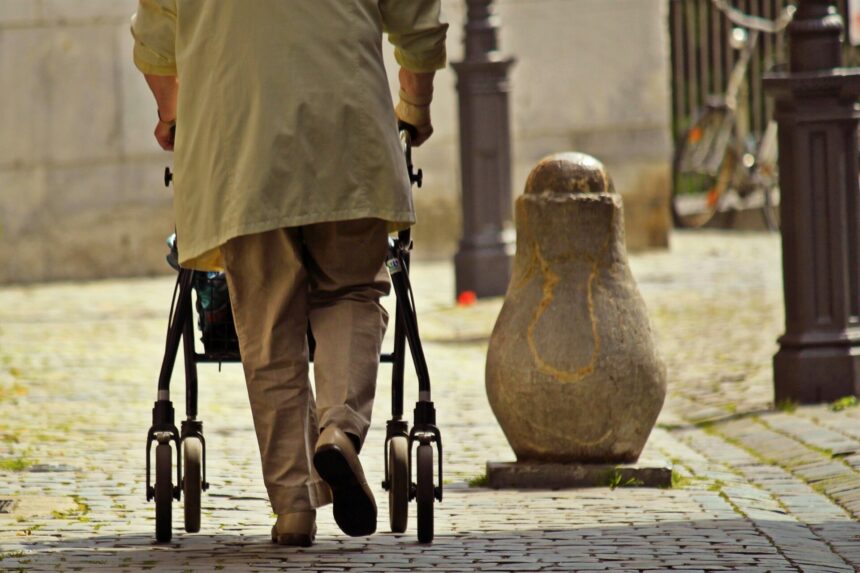The impact of aging on physical recovery after a fall has long been a concern for older adults. A recent study conducted by Imperial College London and Coventry University sheds light on the relationship between an individual’s perception of aging and their ability to recover physically post-fall.
The study, published in the Journal of the American Geriatrics Society, focused on nearly 700 older adults between the ages of 60 and 90 in England. Participants were assessed based on their mindset and beliefs about aging, with a particular emphasis on self-perceptions of aging. The researchers then monitored the physical recovery of individuals who experienced a fall in the following year.
The results were significant, showing that those who had more positive self-perceptions about aging were less likely to experience physical problems or require assistance with daily activities following a fall. Factors such as walking speed, dependency on others for daily tasks, and physical inactivity post-fall were all influenced by an individual’s initial mindset about aging.
Dr. Toby Ellmers, co-lead researcher from Imperial College London, emphasized the importance of these findings, stating that individuals with a positive outlook on aging seemed to be protected against worse physical consequences after a fall. Co-lead Dr. Mathew Hill from Coventry University highlighted the novelty of the study, as it is the first to specifically link aging beliefs to physical recovery post-fall.
The researchers suggested that changing the way older individuals view the aging process could play a crucial role in improving recovery and overall well-being. Simple interventions, such as engaging in discussions about the positives of aging with friends or family, could potentially help individuals develop a more positive mindset about aging.
While the study did not definitively establish causality between mindset and physical recovery, the researchers are optimistic about the potential for future research in this area. They aim to explore whether addressing negative beliefs about aging can prevent physical decline following a fall.
Overall, the study highlights the importance of psychological factors in physical recovery after a fall among older adults. By promoting positive attitudes towards aging, individuals may be better equipped to bounce back from falls and maintain their independence and well-being.








